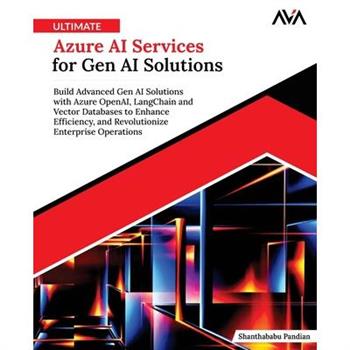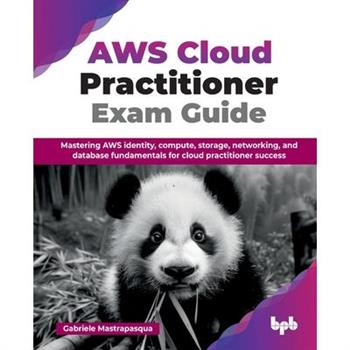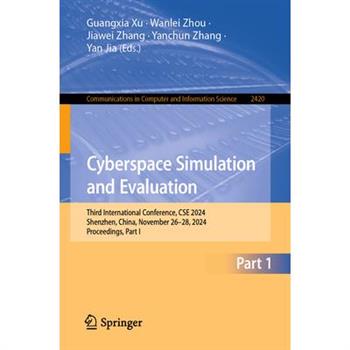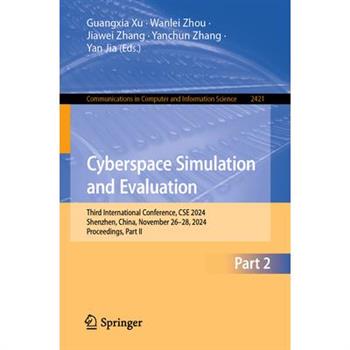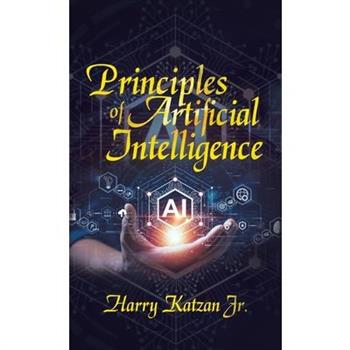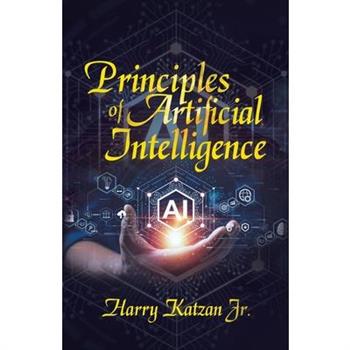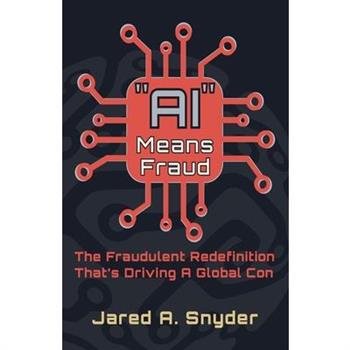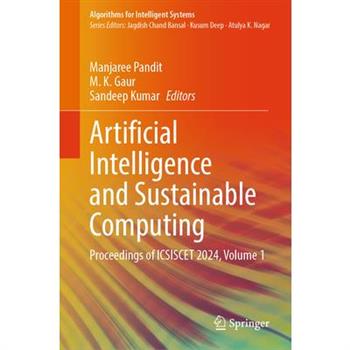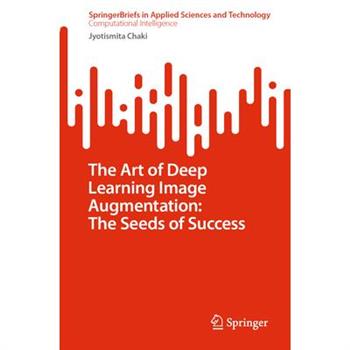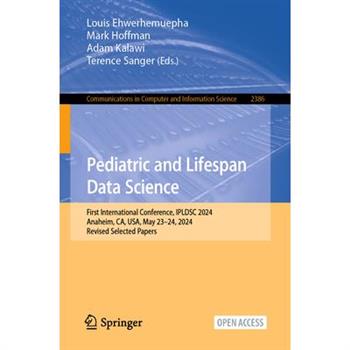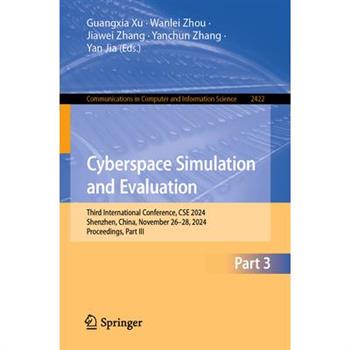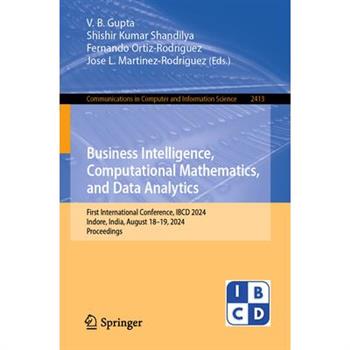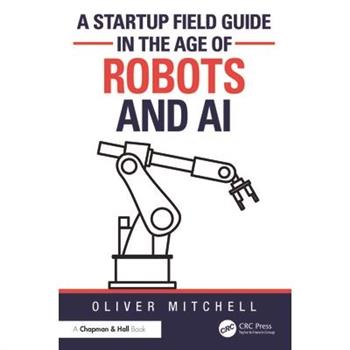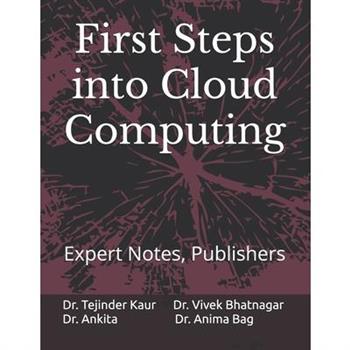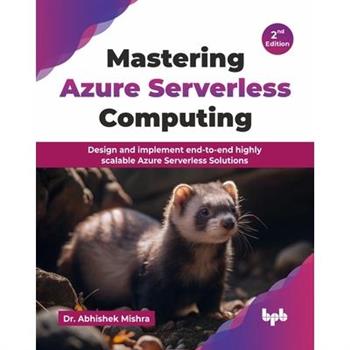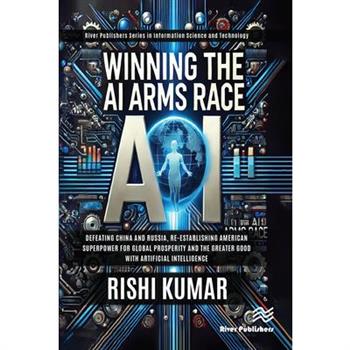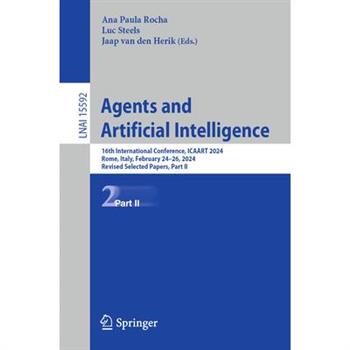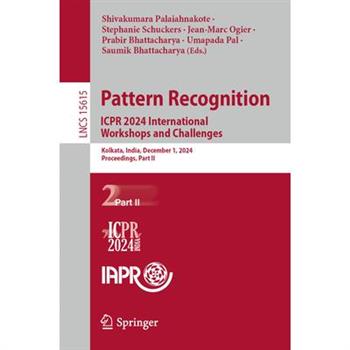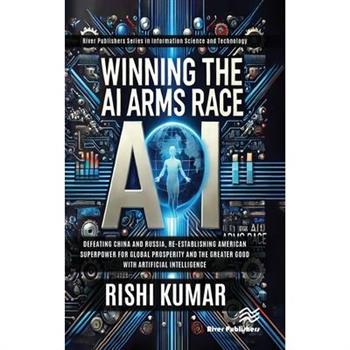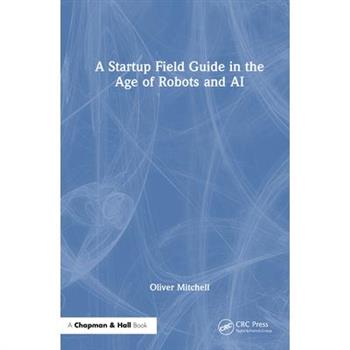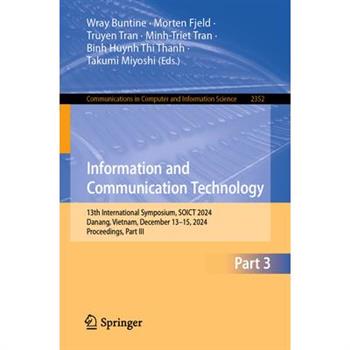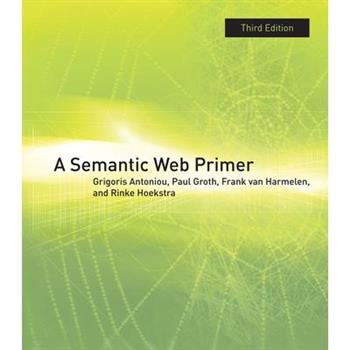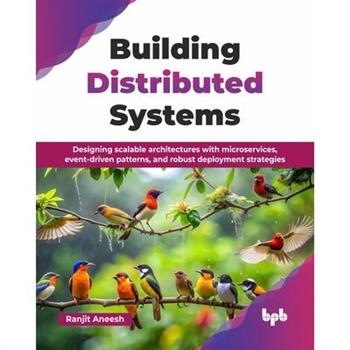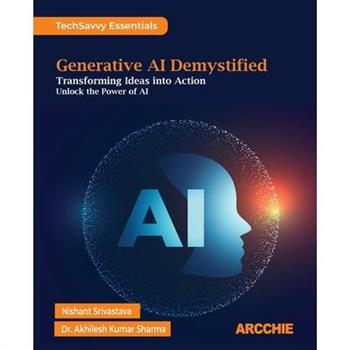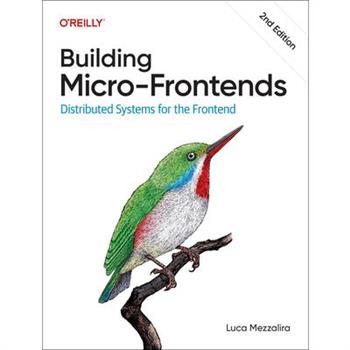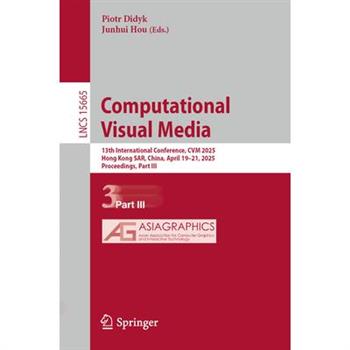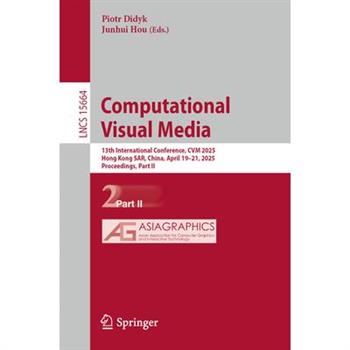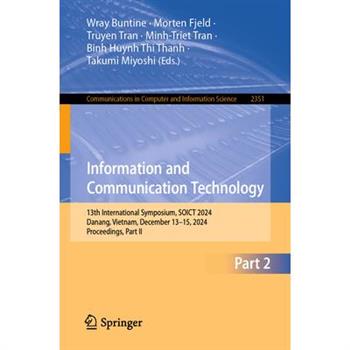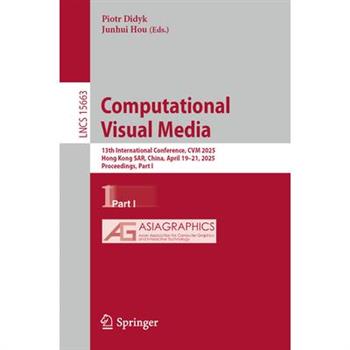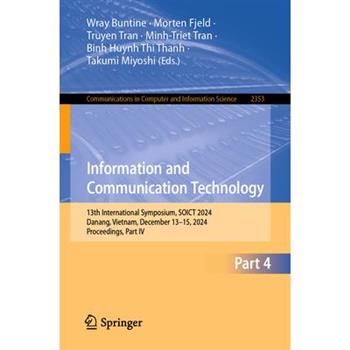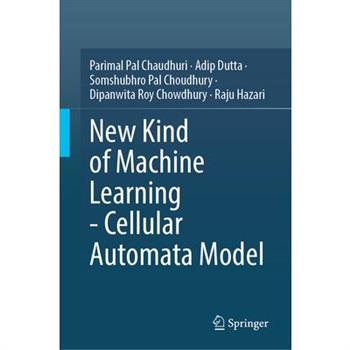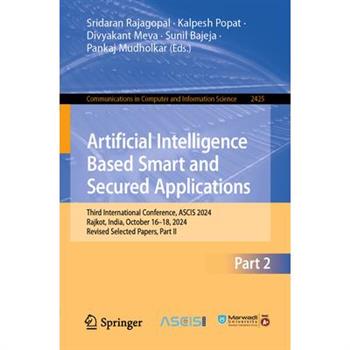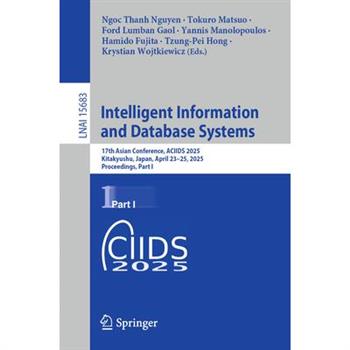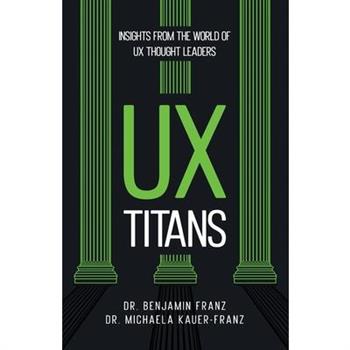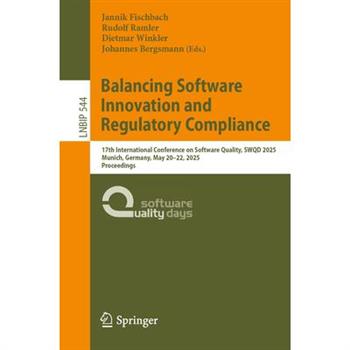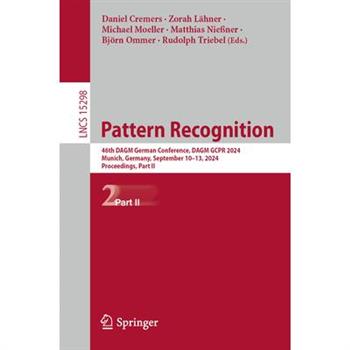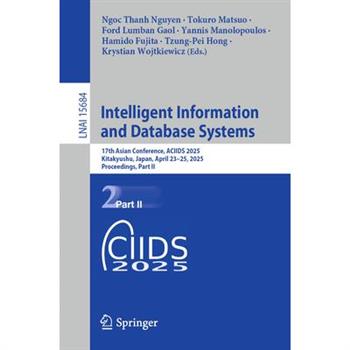Ultimate Azure AI Services for Gen AI Solutions
Master Generative AI with Azure OpenAI, AI Services, and advanced tools for real-world applications! Book DescriptionAzure OpenAI provides unparalleled access to cutting-edge AI models, empowering enterprises to innovate, automate, and drive transformative business outcomes at scale. Ultimate Azure AI Services for Gen AI Solutions is your gateway to mastering Azure OpenAI and Azure AI services. Whether you're just starting out or looking to refine your skills, this book covers everything from foundational concepts to advanced techniques. Dive into topics like Large Language Models (LLMs), LangChain, vector databases, embeddings, and Python programming, with a focus on key Azure components such as Storage, Search Services, Azure OpenAI Studio, and Prompt Flow. Through step-by-step hands-on examples, you'll gain practical insights into the power of prompt engineering, advanced features of Azure's AI capabilities, and how to implement solutions in language, speech, and vision. You'll also explore ethical AI practices, ensuring responsible and impactful AI development. This book equips you with the skills to navigate the full Generative AI lifecycle-from development to deployment-ensuring your enterprise stays ahead in this fast-paced field. Don't miss your chance to transform your business with Azure's revolutionary AI tools-start building the future today! Table of Contents1. Introduction to Generative AI2. Exploring LLMs and Its Capabilities3. Vector Database and Embedding Techniques4. Prompt Engineering and Its Significance5. Azure Storage for Azure OpenAI Implementations6. Azure AI Search Services for Azure OpenAI Implementations7. Getting Started with Generative AI Using Azure OpenAI Services8. Advanced Azure AI Studio-I9. Advanced Azure AI Studio-II10. Generative AI Use Cases for Industries-I11. Gen AI Implementation Use Case with Azure OpenAI-II Index
AWS Cloud Practitioner Exam Guide
DESCRIPTION Amazon Web Services (AWS) stands as the preeminent cloud computing platform, offering a comprehensive suite of services for diverse technological requirements. This AWS Cloud Practitioner Exam Guide serves as a structured and rigorous resource for comprehending the foundational principles of AWS and effectively preparing for the Cloud Practitioner Certification examination.This guide introduces core cloud computing paradigms, the Global Infrastructure of AWS encompassing regions, Availability Zones, and content delivery mechanisms via CloudFront and Edge Locations. It examines cloud deployment, the AWS Well-Architected Framework for resilient, scalable solutions, and secure access via IAM. Essential compute (EC2, Lambda), storage (S3, EBS), databases (RDS, DynamoDB), networking (VPC), security, event-driven architectures (SQS, SNS), monitoring (CloudWatch), infrastructure automation (CloudFormation), cost management, advanced identity (Cognito), and other AWS offerings for exam preparation are also covered. It also covers event-driven architectures with SQS and SNS, monitoring with CloudWatch, automation via CloudFormation, cost management, advanced identity with Cognito, and key AWS services aligned with exam goals.Upon completing this guide, you'll gain a solid foundation in AWS services and concepts, preparing you to confidently pass the AWS Cloud Practitioner exam and articulate key cloud value propositions. This book is your step-by-step path to launching a career in cloud engineering, solutions architecture, DevOps, or cloud support.WHAT YOU WILL LEARN● Implementing AWS security best practices, encryption, key management, compliance, and auditing.● Content delivery with CloudFront, event-driven architectures using SQS and SNS messaging.● Monitoring AWS resources with CloudWatch and infrastructure automation using CloudFormation and CDK.● Cloud fundamentals, AWS Global Infrastructure, deployment models, and the Well-Architected Framework.● Core AWS compute services like EC2 instances, containers with ECS, and serverless Lambda.WHO THIS BOOK IS FORThis book is designed for individuals seeking to understand AWS fundamentals and those aiming to enhance their existing AWS knowledge for certification purposes. No prior AWS or technical experience is needed, making it ideal for both beginners and professionals looking to build and validate foundational cloud skills.
Human-Centered AI
A HUMAN-CENTERED APPROACH TO ARTIFICIAL INTELLIGENCE WILL ENSURE HUMAN CONTROL OVER POWERFUL AND HELPFUL FUTURE MOBILE DEVICES AND SERVICES Researchers, developers, business leaders, policy makers, and others are expanding the technology-centered scope of artificial intelligence (AI) to include human-centered AI (HCAI) ways of thinking. This expansion from an algorithm-focused view to embrace a human-centered perspective can shape the future of technology to better serve human needs. The remarkable progress in algorithms for machine and deep learning have opened the doors to new opportunities, and some dark possibilities. However, as many technology companies and thought leaders have said, the goal is not to replace people, but to empower them by making design choices that give humans control over technology. In Human-Centered AI, Professor Ben Shneiderman aims to produce an optimistic, realistic, guide to how artificial intelligence can be used to augment and enhance humans' lives. This project bridges the gap between ethical considerations and practical realities to make successful, reliable systems. Digital cameras, communications services, and navigation apps are just the beginning. Shneiderman shows how future applications will support health and wellness, improve education, accelerate business, and connect people in reliable, safe, and trustworthy ways that respect human values, rights, justice, and dignity.
Cyberspace Simulation and Evaluation
This three volume set, CCIS 2420 - 2422, constitutes the proceedings of the Third International Conference on Cyberspace Simulation and Evaluation, CSE 2024, held in Shenzhen, China, during November 26-28, 2024. The 90 full papers included in this book were carefully reviewed and selected from 164 submissions. These papers are organized under topical sections as follows: - Part I: Simulation Theory and Methodology; Simulation for CI scenario; Defense Methodology in the Evaluation; and Simulation for IoT scenario. Part II: Attack Methodology in the Evaluation; Other Simulation and Evaluation methods; Evaluation Theory and Methodology; and Defense Methodology in the Evaluation. Part III: Defense Methodology in the Evaluation; Design and Cybersecurity for AIoT Systems; Metaverse and Simulation; Secure loT and Blockchain -Enabled Solutions; Software and Protocols Security Analysis; and Test and Evaluation for Cybersecurity.
Cyberspace Simulation and Evaluation
This three volume set, CCIS 2420 - 2422, constitutes the proceedings of the Third International Conference on Cyberspace Simulation and Evaluation, CSE 2024, held in Shenzhen, China, during November 26-28, 2024. The 90 full papers included in this book were carefully reviewed and selected from 164 submissions. These papers are organized under topical sections as follows: - Part I: Simulation Theory and Methodology; Simulation for CI scenario; Defense Methodology in the Evaluation; and Simulation for IoT scenario. Part II: Attack Methodology in the Evaluation; Other Simulation and Evaluation methods; Evaluation Theory and Methodology; and Defense Methodology in the Evaluation. Part III: Defense Methodology in the Evaluation; Design and Cybersecurity for AIoT Systems; Metaverse and Simulation; Secure loT and Blockchain -Enabled Solutions; Software and Protocols Security Analysis; and Test and Evaluation for Cybersecurity.
Principles of Artificial Intelligence
This book covers the Principles of Artifi cial Intelligence. It is both a text book and a reference book. It is one of many books on the subject of artifi cial intelligernce. There are more than 400 of them. It is the only one that covers principles that is intended to refl ect on how to go about doing AI for productive purposes. It also covers about what AI is already, but it is more than that. It answers the question "Can a machine think?" and most people are quite tired of that question. In fact, people are now more interested in how to do what we want to do. In fact, AI is a inportant subject in our lives and here are two outstanding books that atune to that assertion: The Singularity is Nearer (2024) by Ray Kurzweil; Artifi cial Intelligence: A Modern Approach (1995) by Stuart Russell and Peter Norvig; The writers are exceedingly intelligent, and the books are useful but not that easy to read. University research is equally noteworthy. But what about the strategy of adopting AI for the modern operational environment? How do you know what to do and how to do it. Do you have to be a scientist or a mathematician to do the job? Absolutely not. Do you need to be a manager, a major CEO, or even the President of a coiuntry. Probably yes. But you need to have the information to do the job. This book gives you what you should do to implement AI in the organization and precisely what you need to know in order to do it. When doing the job of implementing, should you be knowledgeable about precisly what has to be done? Of course. Do you personally have to do it? Not at all. Do you need information on related subjects, of course again. Do you have to read this book serially? Of course not; it is too detailed. But when you fi nally get it done properly, you do deserve to be a DAI, that is a Doctor of Artifi cial Intelligence. That is proposed to be the case in the future. Will this be happy reading? On some topics, yes. Other sections, not so much. There are a lot of pages because the environment of AI is large and complicated. Many of the subjects covered in this book will be extremely useful in other areas of business and the organizaton. Artifi cial Intelligence is an extremely volatile subject. It is being adjusted daily, and it is almost impossible to fi gure out what is actually going on. The book will be revised and probably copied in content with an air of improvement. That is the way the world operates. Have a useful and interesting time reading the book. It will be worth the effort. One more thing. The book is for fi nding out about AI and associated subjects. Who knowswhat the professional and everyday people want to know. The book is for everyone. Equally important is the fact that the book is specifi cally designed for an online college course on AI and supports that assertion by including a substantional choice of subjects for the online professor. For example, the last section on managing uncertainly is very strongly AI based on the Theory of Evidence through the information on Dempster Shafer Theory. The author has been involved with AI since a university 3-week seminar in 1963 for a large corporation and taught one of the fi rst graduate-level university courses on AI in 1978. He has been the CEO of Artifi cial Intelligence Consulting (AICON), a university professor, and an international AI consultant, after working for Boeing, Oak Ridge National Lab, and IBM. He has written a few books and a few more peer reviewed papers.
Principles of Artificial Intelligence
This book covers the Principles of Artifi cial Intelligence. It is both a text book and a reference book. It is one of many books on the subject of artifi cial intelligernce. There are more than 400 of them. It is the only one that covers principles that is intended to refl ect on how to go about doing AI for productive purposes. It also covers about what AI is already, but it is more than that. It answers the question "Can a machine think?" and most people are quite tired of that question. In fact, people are now more interested in how to do what we want to do. In fact, AI is a inportant subject in our lives and here are two outstanding books that atune to that assertion: The Singularity is Nearer (2024) by Ray Kurzweil; Artifi cial Intelligence: A Modern Approach (1995) by Stuart Russell and Peter Norvig; The writers are exceedingly intelligent, and the books are useful but not that easy to read. University research is equally noteworthy. But what about the strategy of adopting AI for the modern operational environment? How do you know what to do and how to do it. Do you have to be a scientist or a mathematician to do the job? Absolutely not. Do you need to be a manager, a major CEO, or even the President of a coiuntry. Probably yes. But you need to have the information to do the job. This book gives you what you should do to implement AI in the organization and precisely what you need to know in order to do it. When doing the job of implementing, should you be knowledgeable about precisly what has to be done? Of course. Do you personally have to do it? Not at all. Do you need information on related subjects, of course again. Do you have to read this book serially? Of course not; it is too detailed. But when you fi nally get it done properly, you do deserve to be a DAI, that is a Doctor of Artifi cial Intelligence. That is proposed to be the case in the future. Will this be happy reading? On some topics, yes. Other sections, not so much. There are a lot of pages because the environment of AI is large and complicated. Many of the subjects covered in this book will be extremely useful in other areas of business and the organizaton. Artifi cial Intelligence is an extremely volatile subject. It is being adjusted daily, and it is almost impossible to fi gure out what is actually going on. The book will be revised and probably copied in content with an air of improvement. That is the way the world operates. Have a useful and interesting time reading the book. It will be worth the effort. One more thing. The book is for fi nding out about AI and associated subjects. Who knowswhat the professional and everyday people want to know. The book is for everyone. Equally important is the fact that the book is specifi cally designed for an online college course on AI and supports that assertion by including a substantional choice of subjects for the online professor. For example, the last section on managing uncertainly is very strongly AI based on the Theory of Evidence through the information on Dempster Shafer Theory. The author has been involved with AI since a university 3-week seminar in 1963 for a large corporation and taught one of the fi rst graduate-level university courses on AI in 1978. He has been the CEO of Artifi cial Intelligence Consulting (AICON), a university professor, and an international AI consultant, after working for Boeing, Oak Ridge National Lab, and IBM. He has written a few books and a few more peer reviewed papers.
”AI” Means Fraud
"AI" Means Fraud: The Fraudulent Redefinition That's Driving A Global Con The World is Drunk on "Artificial Intelligence" Hype. It's Time for a Sobering Reality Check. In "AI" Means Fraud, Jared A. Snyder, a tech veteran with over 30 years of hands-on technology experience tears into the fraudulent narrative behind so-called "Artificial Intelligence"-a term that's been hijacked and redefined to sell an illusion. From "self-driving" cars to tools like ChatGPT and Grok, the public has been sold the lie that machines can "think" and "learn." They can't. There's no cognition, no understanding, no awareness-just technological magic tricks. It's not intelligence. It's the illusion of intelligence, packaged to look convincing, but built on pre-scripted outcomes and brute-force pattern matching. And the distinction matters-ethically, culturally, economically, and even spiritually. This book reveals how the term "AI" has been fraudulently redefined to give machines the appearance of intelligence while concealing the statistical mathematics behind the illusion. It's marketing over meaning-code wrapped in pseudo-science and anthropomorphic hype, sold to an awestruck public by tech giants, academics, a complicit media, and politicians as well. If it all feels familiar, that's because it is. A similar playbook was used during the China Virus pandemic, when language was bent to sell narratives, and the redefinition of words like "vaccine" paved the way for sweeping control and cultural confusion. Yet, the fraudulent redefinition of the term "Artificial Intelligence" hasn't seemingly generated the same outrage from the public-at least not yet. "AI" Means Fraud connects the dots-technically, historically, and morally-between modern deceptive "AI" hype and past tech industry manipulations like the Y2K Bug panic. This book is not just a critique of flawed code; it's a dismantling of the cult-like reverence forming around technology that doesn't deserve it. In this book, you'll discover: - What "AI" actually is-and what it isn't - How fundamental terms have been redefined to deceive, not inform - Why the public is being conditioned to accept automation as autonomy - The economic, cultural, and ethical costs of believing the lie Though rooted in logic and technical clarity, Jared-who is also a well-educated Christian leader-closes this book with a rare perspective seemingly missing from the conversation: a Christian ethical analysis of mankind's attempt to mirror divine attributes through technology. Though, it's not a sermon, but a sobering reminder that this deception runs deeper than bad science-it echoes humanity's oldest rebellion. "AI" Means Fraud is a sharp, unapologetic wake-up call for those who value reason over rhetoric and are tired of the technology industry's deceptions. With clarity and conviction, it arms readers to recognize and resist one of the most concerning issues of our time, which isn't actually a technology problem at all-it's a truth problem.
Pediatric and Lifespan Data Science
This open access book will address the unique requirements and technological tools for analysis of data across the lifespan, from childhood through advanced age. Topics such as sepsis, hospital-acquired infections, mental health, health equity, precision medicine, large language models and generative artificial intelligence, computer vision, ethical use of artificial intelligence, and large real-world electronic health record databases will be covered.
Business Intelligence, Computational Mathematics, and Data Analytics
This book constitutes the proceedings of the First International Conference on Business Intelligence, Computational Mathematics, and Data Analytics, IBCD 2024, held in Indore, India, during August 18-19, 2024. The conference focus on applied intelligence across data science, mathematics, healthcare, cybersecurity, and business analytics, and will serve as a driving force for transforming theoretical breakthroughs into practical, real-world solutions with meaningful societal impact.
Modeling Complex Processes Through Nature-Analogous Methods
This book is an introduction to nature-analogous techniques and related formal methods. For each technique, application examples are provided. It covers cellular automata and Boolean networks, evolutionary algorithms, as well as simulated annealing, fuzzy methods, neural networks, and finally hybrid systems, i.e., combinations of various techniques. Based on the theory of complex dynamic systems, theoretical foundations are also presented, and the similarities of these seemingly very heterogeneous techniques are pointed out. The edition has been revised and expanded with current trends such as ChatGPT.
A Semantic Web Primer
A new edition of the widely used guide to the key ideas, languages, and technologies of the Semantic Web The development of the Semantic Web, with machine-readable content, has the potential to revolutionize the World Wide Web and its uses. A Semantic Web Primer provides an introduction and guide to this continuously evolving field, describing its key ideas, languages, and technologies. Suitable for use as a textbook or for independent study by professionals, it concentrates on undergraduate-level fundamental concepts and techniques that will enable readers to proceed with building applications on their own and includes exercises, project descriptions, and annotated references to relevant online materials.The third edition of this widely used text has been thoroughly updated, with significant new material that reflects a rapidly developing field. Treatment of the different languages (OWL2, rules) expands the coverage of RDF and OWL, defining the data model independently of XML and including coverage of N3/Turtle and RDFa. A chapter is devoted to OWL2, the new W3C standard. This edition also features additional coverage of the query language SPARQL, the rule language RIF and the possibility of interaction between rules and ontology languages and applications. The chapter on Semantic Web applications reflects the rapid developments of the past few years. A new chapter offers ideas for term projects. Additional material, including updates on the technological trends and research directions, can be found at http: //www.semanticwebprimer.org.
UX for AI
Learn to research, plan, design, and test the UX of AI-powered products Unlock the future of design with UX for AI--your indispensable guide to not only surviving but thriving in a world powered by artificial intelligence. Whether you're a seasoned UX designer or a budding design student, this book offers a lifeline for navigating the new normal, ensuring you stay relevant, valuable, and indispensable to your organization. In UX for AI: A Framework for Designing AI-Driven Products, Greg Nudelman--a seasoned UX designer and AI strategist--delivers a battle-tested framework that helps you keep your edge, thrive in your design job, and seize the opportunities AI brings to the table. Drawing on insights from 35 real-world AI projects and acknowledging the hard truth that 85% of AI initiatives fail, this book equips you with the practical skills you need to reverse those odds. You'll gain powerful tools to research, plan, design, and test user experiences that seamlessly integrate human-AI interactions. From practical design techniques to proven user research methods, this is the essential guide for anyone determined to create AI products that not only succeed but set new standards of value and impact. Inside the book: Hands-on exercises: Build your confidence and skills with practice UX design tasks like Digital Twin and Value Matrix, which you can immediately apply to your own AI projects. Common AI patterns and best practices: Explore design strategies for LLMs (Large Language Models), search engines, copilots, and more. Proven user research strategies: Learn how to uncover user needs and behaviors in this brave new world of AI-powered design. Real-world case studies: See how simple, practical UX approaches have prevented multimillion-dollar failures and unlocked unprecedented value. Perfect for any UX designer working with AI-enabled and AI-driven products, UX for AI is also a must-read resource for designers-in-training and design students with an interest in artificial intelligence and contemporary design.
Image-Based Prediction of Retinal Disease Progression
This book constitutes the proceedings from the MICCAI Challenges, Device-Independent Diabetic Macular Edema Onset Prediction, DIAMOND 2024, and Monitoring Age-Related macular degeneration progression in Optical coherence tomography, MARIO 2024, held in conjunction with the 27th International conference on Medical Image Computing and Computer Assisted Intervention, MICCAI 2024, in Marrakesh, Morocco in October 2024. The 15 papers included in this book from MARIO 2024 were carefully reviewed and selected from 17 submissions, whereas the 6 papers included here from DIAMOND 2024 were carefully reviewed and selected from 8 submissions. These papers focus on a wide range of state-of-the-art deep learning approaches to derive patient specific rules for Diabetic retinopathy (DR) and age-related macular degeneration (AMD) progression prediction from retinal images.
Building Micro-Frontends
What's the answer to today's increasingly complex applications? Micro-frontends. Inspired by the microservices model, this approach lets you break interfaces into separate features managed by different teams of developers. In this updated second edition, software architects, tech leads, and software developers will learn how to design, build, and deploy independent micro-frontends that compose unique frontend systems. Author Luca Mezzalira, principal serverless specialist solutions architect at AWS, shows you how micro-frontends enable agility within an organization, decentralize decision-making, and optimize for fast flow. This gives your organization technical flexibility and allows you to hire and retain a broad spectrum of talent. Micro-frontends also support distributed or colocated teams more efficiently. Pick up this book and learn how to get started with this technological breakthrough right away. You will: Understand the four pillars for creating a successful micro-frontend architecture Learn principles and best practices that will enable your teams to succeed with this architecture Examine the benefits and pitfalls of existing micro-frontend architectures Learn how micro-frontends work in conjunction with other distributed systems like microservices Discover different architectures for creating client-side and server-side micro-frontend architectures Learn automation best practices that will empower your organization to optimize for fast flow
Artificial Intelligence Based Smart and Secured Applications
UX Titans
What do leading UX professionals wish they had known at the start of their careers?In this book, you'll find the answers - directly from the source.We interviewed 19 UX Titans: seasoned professionals from the industry, respected researchers from academia, or influential voices with large followings in the UX community. Each of them generously shared the insights, lessons, and hard-won advice they wish someone had told them when they were just starting out.These conversations were systematically analyzed and synthesized into clear, actionable insights that go beyond individual experiences to reveal common patterns and shared truths.What you'll learn from the UX Titans: What personal qualities help people thrive in UX?How to find and grow the right UX team members?How to strategically embed UX in an organization - and win support?How to succeed in UX with different budgets?How to measure UX in practical projects and show it's return of investment (ROI)?Which mindset is needed to succeed in UX?Which are the best UX methods - and which are overrated?... and much moreThis is not just another collection of UX tools. It's a powerful synthesis of expert knowledge - from voices that played and shaped the UX field for years. Whether you're just beginning your UX career or are already a seasoned UX professional yourself, this book will sharpen your perspective and help you build your team.This book is for you if you want to: Start your UX journey with real-world insights from proven expertsLead, grow, or transform UX within your team or organizationLearn from professionals who influence how UX is experienced, practiced and taughtGet unique insights from the UX Titans - leaders from industry, academia, and the wider design community.Start reading now and take your UX journey to the next level.Featured UX Titans are: Bill Albert, Carmen Fehrenbach, Dominique Winter, Gabriela Gomes, Gert-Dieter Tuzar, Guido Meier-Arendt, Katja Busch, Kerstin Dyck, Kevin Liang, Lutz Krau?, Marc Hassenzahl, Matthias Schulz, Nis Boy Naeve, Oliver Kulpi, Sarah Diefenbach, Thomas V繹hringer-Kuhnt, Tobias Oberpaul, Ulf Schubert, and Uwe Betzin
Digital Capitalism and Its Limits
The Fourth Industrial Revolution (4IR) has been described as the next big leap in digital capitalism. Digital technologies such as artificial intelligence, quantum computing, 3D printing and robotisation, we are led to believe, will bring more progress, growth and development while also helping us to resolve the deep and multiple crises the world is in. Billions are being invested in these technologies, accompanied by sharp geopolitical rivalries to secure an edge in the control over them. Volume 8 in the Democratic Marxism series invites readers to think more deeply and critically about digital capitalism and its limits. While most governments in the world, including South Africa, have accepted a techno-nationalist narrative and have deliberated on the risks for the planet and humanity, the volume interrogates the effects and consequences of advances in artificial intelligence and heightened technological innovation and industrialisation on employment, democracy and the climate. Viewing the grand social engineering of 4IR through a Marxist lens, the volume contributors engage critically with the class project of digital monopoly capitalism and its powerful totalitarian tendencies. They question the dangerous technotopian imaginary shaping this digital techno-shift, the implications of algorithmic data extractivism, the securitisation of already weak market democracies, the social consequences of digital learning, lack of regulation, and the power dynamics in the labour process. Anchored in techno-realism, the interdisciplinary perspective captured in this volume puts forward alternatives for democratisation and a just transition to protect human and non-human life.
The AI Con
A smart, incisive look at the technologies sold as artificial intelligence, the drawbacks and pitfalls of technology sold under this banner, and why it's crucial to recognize the many ways in which AI hype covers for a small set of power-hungry actors at work and in the world. Is artificial intelligence going to take over the world? Have big tech scientists created an artificial lifeform that can think on its own? Is it going to put authors, artists, and others out of business? Are we about to enter an age where computers are better than humans at everything?The answer to these questions, linguist Emily M. Bender and sociologist Alex Hanna make clear, is "no," "they wish," "LOL," and "definitely not." This kind of thinking is a symptom of a phenomenon known as "AI hype." Hype looks and smells fishy: It twists words and helps the rich get richer by justifying data theft, motivating surveillance capitalism, and devaluing human creativity in order to replace meaningful work with jobs that treat people like machines. In The AI Con, Bender and Hanna offer a sharp, witty, and wide-ranging take-down of AI hype across its many forms.Bender and Hanna show you how to spot AI hype, how to deconstruct it, and how to expose the power grabs it aims to hide. Armed with these tools, you will be prepared to push back against AI hype at work, as a consumer in the marketplace, as a skeptical newsreader, and as a citizen holding policymakers to account. Together, Bender and Hanna expose AI hype for what it is: a mask for Big Tech's drive for profit, with little concern for who it affects.





